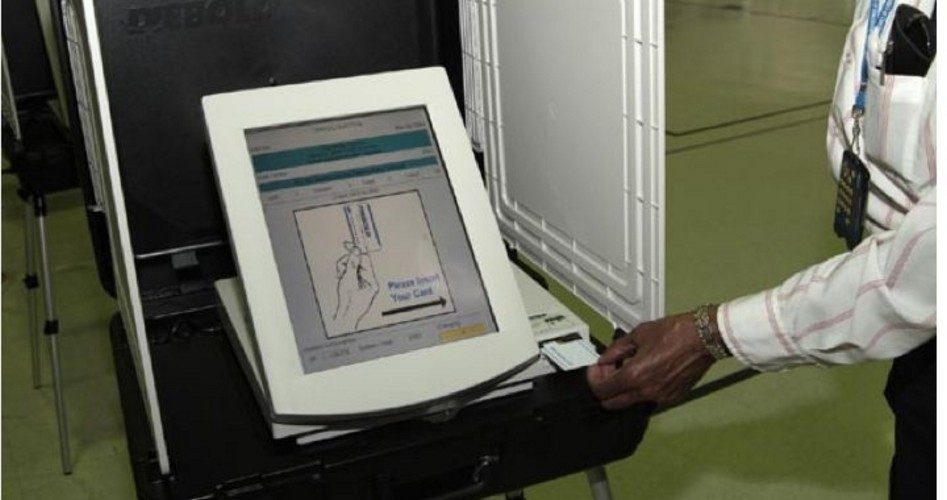
As the November elections approach, there is tremendous speculation about what part Russia could play by hacking the elections. It’s as if Washington has suddenly decided to lose its collective mind about a potential problem that techno-nerds have been trying to draw attention to for years: Voting machines and systems are computers and can be hacked. Of course, rather than states addressing the issue by going back to tried-and-true paper ballots, Washington is using the fear of hacked voting machines to move toward federalizing all voting.
As this writer said in a previous article about the ease with which voting machines can be hacked to skew an election:
In the end summation, voting machines need to go away. At the very least their purpose should be restricted to counting paper ballots which are then recounted by hand for accuracy. And every single one of those machines should run on open-source software that can easily be audited for vulnerabilities, which can then be patched quickly. After all, if a voter is not intelligent enough to color in a circle or a square on a paper ballot, should they even be voting for a congressman, president, or senator that the American people are going to have to live with for two, four, or six years? Hanging chads and all, that system beats a hacked system hands down.
Of course, both Republicans and Democrats at all levels are now clamoring to insinuate (if not outright accuse) Russia of being behind the recent hack of the Democratic National Committee’s servers and the subsequent leaking of a trove of damaging documents. The implication and accusation are clear: Russian President Vladimir Putin wants to hack the election and sway it to the favor of Russia. The solutions that are offered all seem to include the federal government’s heavy hand being not-so-gently laid on the states in overseeing the elections.
In July, Attorney General Loretta Lynch warned that there is not enough federal oversight of elections. While she did not play the Russia card, others have. In late August, the Washington Post reported that Russian hackers had managed to penetrate the election system in Arizona and steal the username and password of an election official. NBC News reported:
Hackers based in Russia were behind two recent attempts to breach state voter registration databases, fueling concerns the Russian government may be trying to interfere in the U.S. presidential election, U.S. intelligence officials tell NBC News.
The breaches included the theft of data from as many as 200,000 voter records in Illinois, officials say. The incidents led the FBI to send a “flash alert” earlier this month to election officials nationwide, asking them to be on the lookout for any similar cyber intrusions.
One official tells NBC News that the attacks have been attributed to Russian intelligence agencies. “This is the closest we’ve come to tying a recent hack to the Russian government,” the official said.
That person added that “there is serious concern” that the Kremlin may be seeking to sow uncertainty in the U.S. presidential election process.
Putin has denied that the Russian government had any involvement in the DNC hack, but said it was a public service and that “there’s no need to distract the public’s attention from the essence of the problem by raising some minor issues connected with the search for who did it.” Then, in an obvious reference to Hillary Clinton’s denial and obfuscation of facts surrounding the Benghazi fiasco, Putin added, “Does it even matter who hacked this data? The important thing is the content that was given to the public.” Of course, it is doubtful he would sing that same tune if the tables were turned.
Considering the Kremlin was responsible for hacking the White House and systems responsible for American infrastructure in 2014, hacking an American election is certainly not something the Kremlin would be morally above or lack the hacking prowess to accomplish. So while it is possible — even likely — that Russia is behind both the DNC hack and recent attempts to hack election systems and voting machines in the United States, the solution offered by Washington — more federal involvement — is worse than the problem.
All states would have to do to solve this problem is act as if the Florida recount of 2000 does not matter, return to paper ballots which could be counted by machines and then spot-checked for accuracy, and tell Uncle Sam to mind his own business and let the states handle elections. The problem would be solved and the federal “solution” would be avoided.




